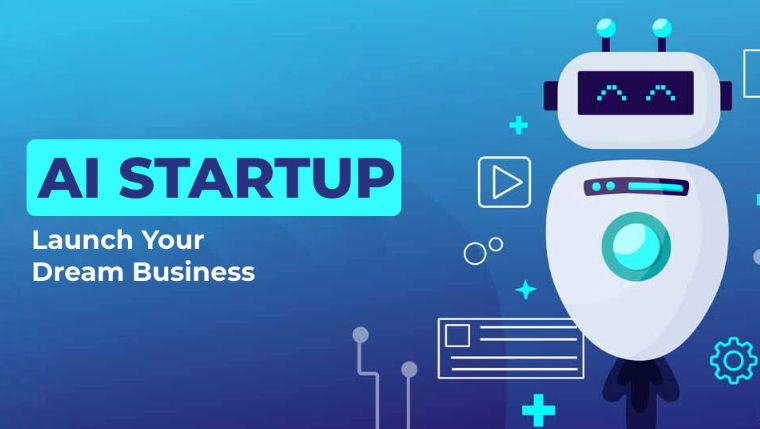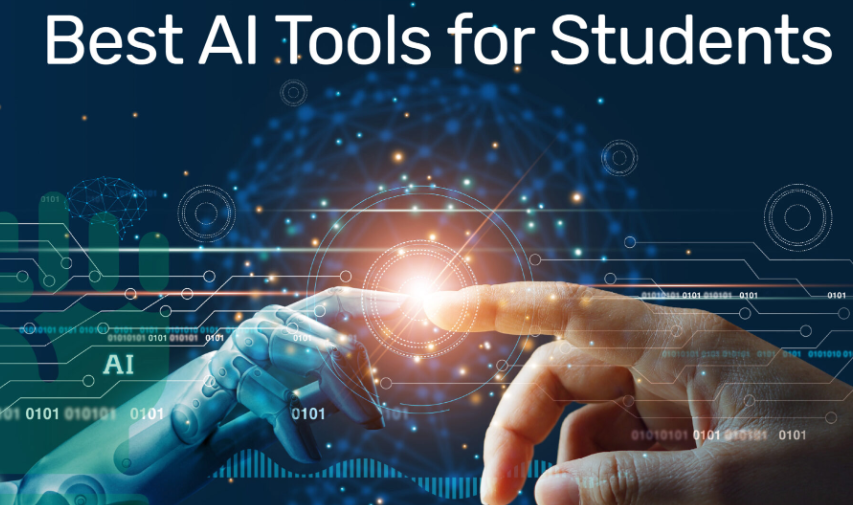Role of AI for Tax Research

Admin
AI Research Analyst | 24 December 2024Table of Content












In today's world, AI has become popular in different fields, including tax research. Professionals can use Artificial Intelligence to work more efficiently and reduce errors. It can simplify the process of finding accurate information & taking notes.
In this blog post, we will see the role of Artificial Intelligence for tax research and how AI has simplified the work for professionals and their clients.
How AI Helps In Steamline Tax Research?
With the help of Artificial Intelligence, tax research can be improved, & it enhances efficiency & accuracy for professionals.
Handling multiple documents is easier with the help of AI. It can simultaneously scan & record important tax-related information from all the documents. If humans were to do this work, they would have to manually check each document to find the data, which would be time-consuming.
With the help of Artificial Intelligence, transactions can be performed quickly, which would be a time-consuming task for humans. With Artificial Intelligence, tasks can be completed more quickly and with fewer chances of errors.
Improve Compliance and Risk Control
Artificial Intelligence understands the tax rules and helps discover where mistakes have occurred. So, professionals solve minor issues before they become major issues, thus reducing the financial risks.
For example
When an AI notices changes in transaction patterns, it tells management about potential fraud or scams right away so they can take action. It prevents any further losses. Staying up to date with changing laws is important to prevent issues during audits.
Real-time Data Review
AI assists tax professionals in updating information about tax rules and client details. It helps them make quicker decisions and provide more effective advice. Tax advisors can determine potential savings for the client's future requirements by analyzing real-time client data.
It allows for the development of improved levy strategies.Especially in busy seasons such as levy filing or audits, immediate access to information becomes very useful.
It allows all the information that is used to be up-to-date and accurate to provide the clients with the best advice.
Such information will help us avoid mistakes and properly control the tax situation when it is updated. In short, Artificial Intelligence maintains its levy planning as simple, accurate, and up-to-date.
How does AI improve Client Engagement In Tax Services?
Artificial Intelligence not only improves internal processes but also plays an important role in improving interactions of clients with tax professionals.
It helps strengthen the relationship between tax advisors and clients. Here is how it helps client engagement with levy services.
Custom Message For Easy Understanding
There are some terms in tax issues that clients cannot understand easily. Here, Artificial Intelligence helps them. AI creates custom messages that help clients understand complex levy issues easily.
So, clients can make well-informed decisions by understanding the tax information better.
Professionals can use AI to update and send tax information to clients quickly. It helps clients make informed decisions. Providing clear, easy, and accurate information creates a strong bond between tax professionals and their clients.
When clients have access to all the information they need, they can have a better experience with their levy advisors.
Best advisory Services
AI reviews the client's data and finds tax events that can impact them. Customers get to benefit from seeking help from a tax professional before problems arise.
Artificial Intelligence helps tax professionals identify potential tax events & offer valuable advice before issues arise. When the customer and the levy advisor have a strong relationship, the advisor has more opportunities to provide additional services and earn more money.
Seeking advice from a professional helps resolve issues promptly, earns the client's trust, and creates new opportunities for the advisor.
ChatBots & Virtual Assistants
Chatbots can provide a solution to the client's questions in a much faster and more efficient manner through the use of artificial intelligence. Such tools help answer frequently asked questions, as well as requests.
Chatbots can handle simple questions and requests, freeing up Tax Experts' time to address more complex matters that require a human touch.
It makes it possible for the common client to get quick answers to their simple queries while the tax professionals handle the complex issues.
Chatbots and virtual assistants improve client service and help tax professionals focus on more important tasks. It makes the whole process easier & efficient.
How AI Improves Operational Efficiency
Artificial Intelligence is changing tax research and many processes, making them faster and more efficient.
- Artificial Intelligence speeds up managing large numbers of tax data. It can quickly screen and analyze data, which takes less time than manually.
- AI can do repetitive tasks like data entry and basic calculations. Tax professionals can now focus on complex and important work.
- AI reduces errors in calculations and data handling by automating repetitive tasks, which leads to more accurate results.
- AI tools can search and analyze tax laws, regulations, and case laws much faster than humans. It is easier for levy payers to find the necessary information and keep up with constantly changing tax laws.
- AI can help with scheduling and project management. It can track projects, tasks, and deadlines. Make sure that all parts of a tax research project are completed on time and nothing is left unfinished.
How AI is a Challenge in Tax Research
While AI has many benefits, it also creates challenges for tax research.
Data Privacy & Security
Performing tax research using AI means working with private client data. To make sure that the client's data is safe and protected from third-party access. Tax professionals must provide their Artificial Intelligence systems with the rules to protect client data.
It involves implementing high levels of security that restrict unauthorized access. It's essential to store and process data to prevent any unauthorized access or leaks.
Some frequent problems with AI systems concern security, so it is necessary to perform the checks & updates periodically.
It's crucial to protect client information. Tax professionals must handle and share clients' sensitive information with great care.
Accuracy & Bias Issues
If AI systems are trained with biased data, mistakes can occur. They might produce incorrect or unfair results.
For example, if the data fed to the AI was not balanced when trained, the Artificial Intelligence might not have equal treatment on all occasions.
How To Fix This Issue?
To solve this problem, you must regularly check AI systems and adjust as needed. It helps to make sure that the AI's accuracy is as close as possible and that fairness is close to ideal.
These are problems to look out for, and tax professionals should make sure that the AI system's information is accurate.
Need Human Touch
AI can help us work more efficiently, but the final decision still needs a human touch. The type of information that it can provide is data analysis, recommendations, and suggestions regarding the case.
Still, Artificial Intelligence doesn't understand the case's degree and the tax system's complexities.
In a taxation process, while AI tools can generate results, professionals will only depend on the results to make the final decision.
Combining artificial intelligence with human experience ensures that clients receive proper advice and that important information is noticed.
Conclusion
The Role of AI For Tax Research is Important. It helps streamline work while improving clients’ service. It allows professionals to avoid time-consuming work and focus on important advice. Adapting to modern technologies like artificial intelligence is important to stay relevant and provide the best services needed today.


